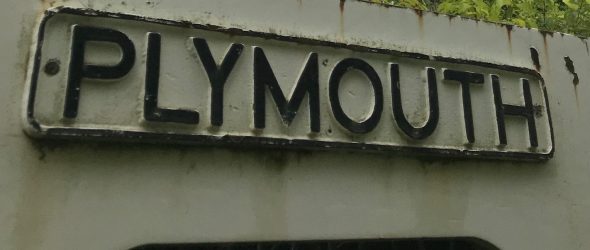 https://cannabisexaminers.com/wp-content/uploads/2020/08/caf5b74e-d95f-4c67-9237-5835de62c335-IMG_6165.JPG
https://cannabisexaminers.com/wp-content/uploads/2020/08/caf5b74e-d95f-4c67-9237-5835de62c335-IMG_6165.JPG
Ordinance cancels fines for cannabis offenses
PLYMOUTH – Marijuana is now decriminalized in Plymouth.
Mayor Cassaundra Fryman, a Libertarian who introduced the ordinance, voted in favor of decriminalization to break a tie in Village Council.
With the passage of the ordinance, there will be no fines for marijuana-related infractions, taking away the monetary incentive to enforce those laws, Fryman noted.
“It discourages enforcement of marijuana laws across the board,” she said. “It would benefit people who use it recreationally, too.”
Council members Susan Broderick, Susan Moore and Matt Patrick voted in favor of the ordinance. Joan Felver, Elaine Root and new member Dwayne Cassidy voted against it at Tuesday’s meeting.
Fryman started her term on Jan. 1. She said this was the first time she had to break a tie in a council vote.
She said she hopes to continue working with the village council to bring more liberty to her constituents.
“I’m very passionate about restoring people’s liberties,” Fryman said by phone Friday night. “I think it (ordinance) is a benefit for the people of Plymouth.”
“The people that I’ve talked to love it (decision). I know a lot of people who use it for a lot of different ailments. I know there are still some people that were hesitant, but even those people that I talked to aren’t wildly opposed to it.”
She said she talked to village police about the ordinance.
“They really weren’t enforcing it anymore,” the mayor said. “It’s cost-prohibitive.”
In the United States, the nonmedical use of cannabis has been decriminalized in 16 states (plus the U.S. Virgin Islands), and legalized in another 11 states (plus Guam, the Northern Mariana Islands and the District of Columbia), as of April 2020.
“I want Plymouth to be seen as receptive to change, moving in a direction of economic and cultural modernization and, most importantly, restoring bodily autonomy to our community,” Fryman told council.
Decriminalization refers to a policy of reduced penalties for cannabis offenses, typically involving a civil penalty for possession of small amounts (similar to how a minor traffic violation is treated), instead of criminal prosecution or the threat of arrest.
In jurisdictions without any penalties, the policy is referred to as legalization, although the term decriminalization is sometimes broadly used for this purpose as well.
The movement to decriminalize cannabis in the U.S. began during the 1970s, when a total of 11 states decriminalized, beginning with Oregon in 1973. The findings of the 1972 Shafer Commission helped provide momentum to these efforts, as did the 1976 election of President Jimmy Carter, who spoke in favor of decriminalization and endorsed legislation to federally decriminalize.
By the end of the decade, the tide had turned strongly in the other direction, however, and no state would decriminalize again until 2001.
Plymouth, a village of 1,800 in both Richland and Huron counties, is one of a number of communities passing local ordinances because the state refuses to act, Fryman said in a news release. Marijuana-related offenses cost a lot of tax dollars to prosecute, and a large percentage of jails are filled with people convicted of nonviolent crimes, she added.
Her hope with these ordinances is to show the state that Ohio is ready for full and immediate legalization of marijuana.
“I think that it will be decriminalized in Ohio within five years,” Fryman said. “I would rather be at the forefront of that than catch up later.”
Messages left for the three council members who voted “no” on the ordinance were not returned.
mcaudill@gannett.com
419-521-7219
Twitter: @MNJCaudill
Read or Share this story: https://www.mansfieldnewsjournal.com/story/news/2020/08/01/plymouth-votes-decriminalizes-marijuana-mayor-breaks-council-tie/5548880002/

